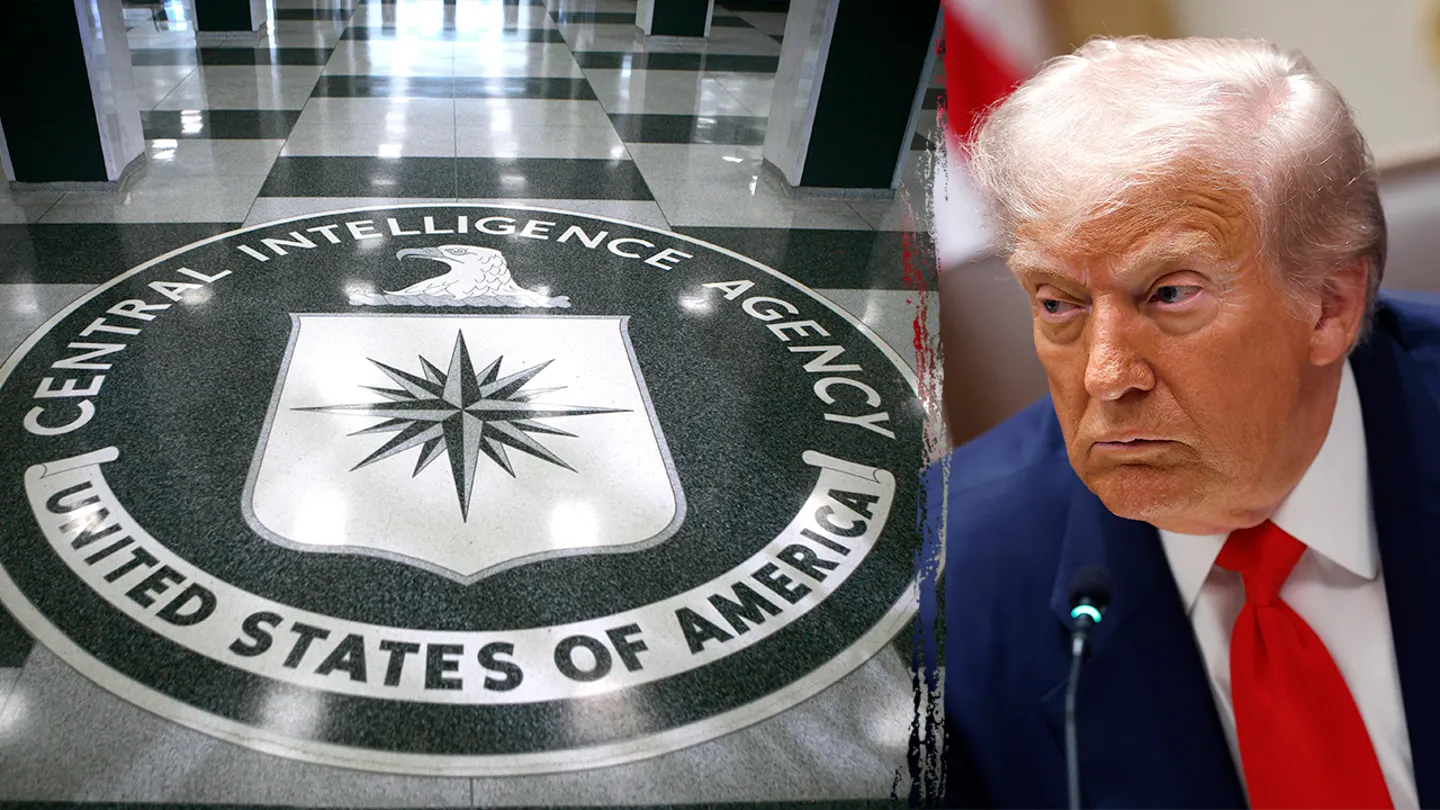President Donald Trump confirmed this week that he has authorized the Central Intelligence Agency to carry out covert intelligence operations in Venezuela, describing the move as part of his broader campaign to combat Latin American drug trafficking and protect U.S. borders.
“Two Reasons” — Prisoners and Drugs
During a White House press conference alongside FBI Director Kash Patel, Trump said there were “two reasons” for the authorization. First, he claimed Venezuela had “emptied their prisons into the United States,” allowing criminals and mentally ill individuals to cross the border under what he called “open border policies.”
“Number one, they have emptied their prisons into the United States of America,” Trump said. “They came in because we had an open border policy. They’ve allowed thousands and thousands of prisoners, people from mental institutions, insane asylums — emptied out into the United States.”
Also Read
The second reason, according to Trump, is the surge of narcotics entering the U.S. from Venezuela. “The other thing is drugs,” he said. “We have a lot of drugs coming in from Venezuela.”
The president emphasized that the U.S. would continue to use both intelligence and military force to dismantle drug operations across the region, declaring that “we’re not going to let this country be ruined” by foreign criminal networks.
Escalation of Anti-Drug Operations
Trump’s remarks come after a series of U.S. military strikes on boats in the Caribbean believed to be carrying narcotics. At least five such operations have been conducted since September, reportedly resulting in multiple fatalities.
The president suggested that after securing control over maritime routes, his administration was now “looking at land” operations in Latin America to further disrupt smuggling networks.
“I can tell you we’ve taken care of the sea,” Trump said. “And we’re watching. And if we see it, we’ll stop it.”
Refusing to Comment on Maduro
When pressed by a reporter on whether the CIA’s new mandate would extend to targeting Venezuelan President Nicolás Maduro, whom Trump has previously labeled a “narco-dictator,” the president declined to comment.
“I think that’s a ridiculous question,” Trump said. “I don’t want to answer a question like that.”
Trump’s response followed reports earlier in the day that he had authorized the CIA to conduct covert, possibly lethal, operations inside Venezuela. While he didn’t confirm the details, he hinted that pressure on Maduro’s regime was intensifying.
“I think Venezuela is feeling heat. But I think a lot of other countries are feeling heat too,” he said.
Rising Tensions with Caracas
The decision marks one of the most aggressive U.S. actions against Venezuela in recent years, following a long series of sanctions and public confrontations between the two governments. Trump and his administration have accused Maduro of running a “narco-state” that exports drugs and criminals while repressing the Venezuelan people.
Maduro, meanwhile, has condemned the U.S. for what he calls violations of Venezuelan sovereignty and attempts to destabilize the region. The Venezuelan leader has also used anti-U.S. rhetoric to rally domestic support amid worsening economic conditions.
Broader Implications
The authorization of CIA operations underscores a significant escalation in U.S. strategy toward Venezuela and the broader Latin American region. It reflects Trump’s renewed focus on treating drug cartels and associated governments as national security threats.
The move is expected to trigger renewed debate in Washington over the limits of executive authority in covert operations and the potential risks of further destabilizing a volatile region.
For now, Trump remains firm in his stance: “We’re not going to let this country, our country, be ruined because other people want to drop their worst on us. They’ve loaded up our country with prisoners, with the mentally ill, and we’re not going to take it.”












